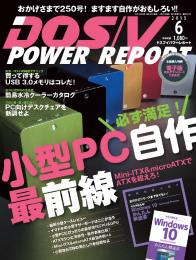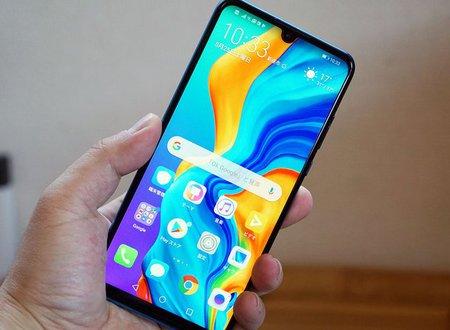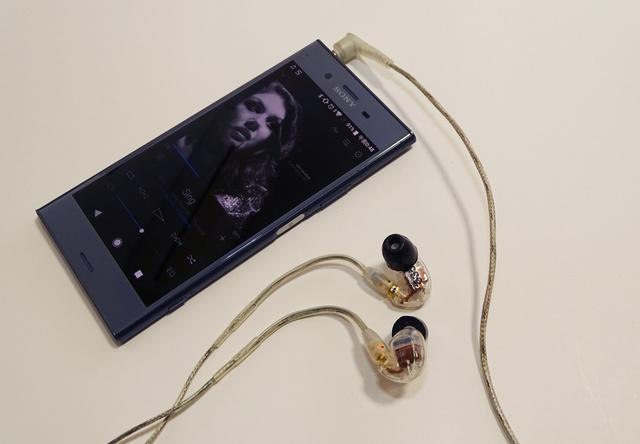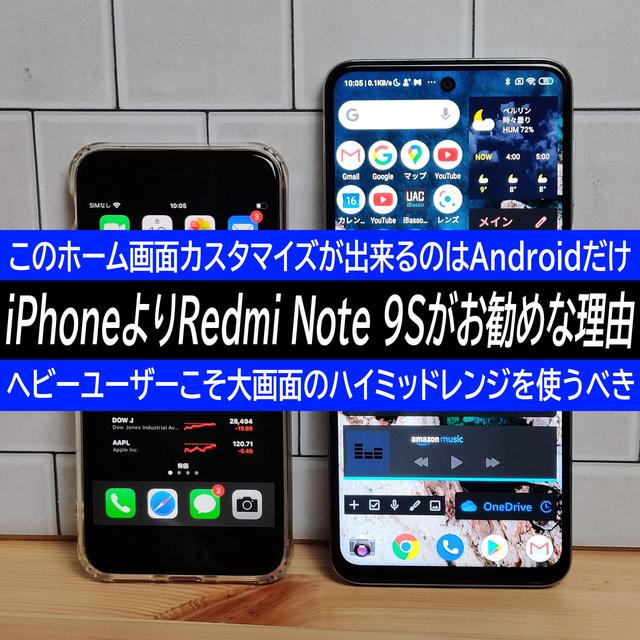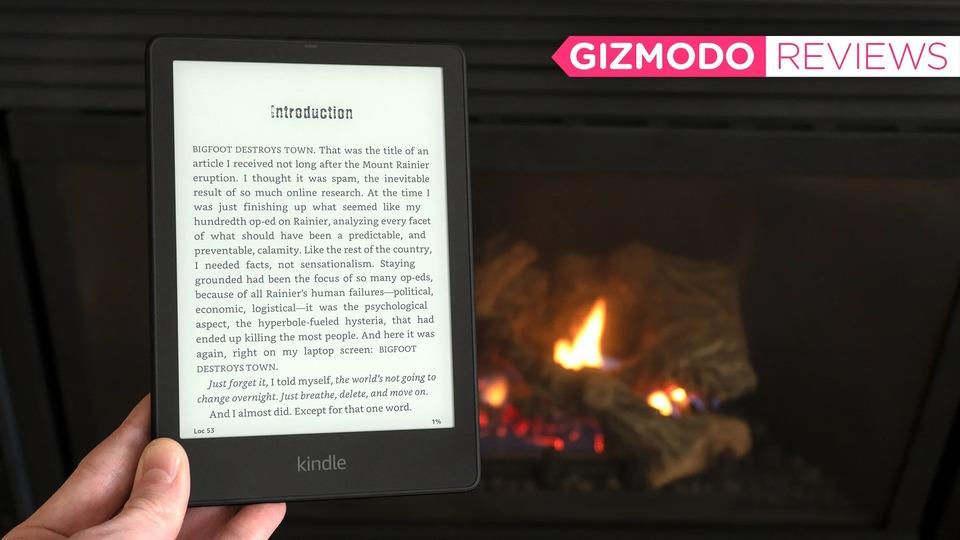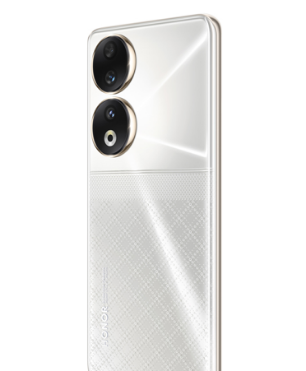A self -portrait photo in a commercial that advertises the smartphone "nova 3i" by Chinese smartphone maker HUAWEI (Huawei) is actually taken with a single -lens reflex camera.
CM that makes you look like a selfie photo
The problem is the promotional video of "nova 3i" developed by Egyptian Huawei Mobile Egypt.In the commercial, two men and women introduced a scene where they enjoyed self -portrait using smartphones.
However, a female model that appeared in this commercial posted a photo of the CM shooting on Instagram.Then there was a male model that reached out to take a selfie with a smartphone, and a photographer shooting with a single -lens reflex camera.
A message pointing out this was posted on the large overseas bulletin board "Reddit", and the commercial was on a large flame.
At the beginning of the release, although there were many highly evaluated local Egyptians, the low reputation from people from all over the world was now reversed.
In the past, similar cases with "Huawei P9" ads
This is not the first time that Huawei deceives such consumers.
In the past, in July 2016, Huawei Mobile posted to Google+ with a comment on Google+ with both Huawei Mobile, saying, "You can take such a picture with a small light with a Leica dual lens of" HUAWEI P9 "", but in fact, a digital single -lens reflex camera.There is a case that was shot with the camera "Canon EOS 5D Mark III", and it burned.
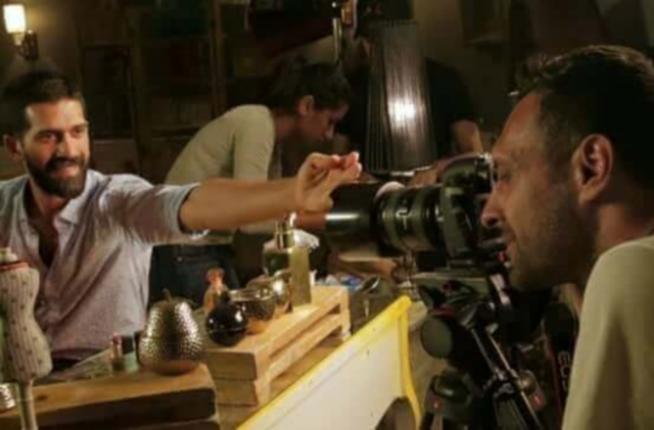
At this time, it was found that it was taken with a single -lens reflex camera from EXIF (Egujif) data that preserves the shooting conditions in the photo.
After the flame, Huawei said, "I shared it to stimulate the community. But I should have clarified the explanation that it was not taken in" Huawei P9 ".I apologized and deleted the photo.
However, many of the Internet users who saw this did not forget this, and there were voices pointing out that this act was discovered.
Similar cases in Nokia and Sony
This time, the Chinese manufacturer Huawei went, but the case of such consumers is not limited to Chinese manufacturers.
It is a little old, but in September 2012, it turned out that Nokia was shooting with a smartphone camera in the promotional video of "Lumia 920", but in fact, he was shooting with a special video camera.Fake is a fuss.
Most recently, Japanese Sony is a promotional video of the digital single -lens camera "α (Alpha) 6300" released in July 2018, which also uses techniques that misunderstand consumers.
In the CM, there are scenes where women shoot children using the "α6300".
After that, a photo of a child taken with the "α6300" is displayed in the video, but the lens used is actually different.
In the CM, it looks as if it was taken using the kit lens included with the "α6300", but in fact, at the bottom of the photo, " * The image in the video is FE 24-70mm F2..Photographed with an optional lens such as 8 GM."It was taken using another lens as explained.
The time when the explanation is displayed along with the photo is quite short for about 1 second, and it is quite difficult to read the explanation unless the video is paused.
By the way, the power room lens kit of "α6300" is 80,000 to 90,000 yen for the main body comic, but "FE 24-70mm F2.8 GM lenses are more than doubled as the camera body, 210,000 to 230,000 yen.
No to the advertisement that "I didn't want to misunderstand"
Sony's commercials have a precautionary note, so it's pretty good compared to examples that Huawei or Nokia have not announced.
However, while showing the scene of shooting using a kit lens, it is only a consumer misunderstanding to take a picture using another lens as a finished product.It goes without saying how to show Huawei and Nokia.
We consumers should continue to say "no" to such commercials and create an environment where companies cannot make excuses as "we did not misunderstand."





